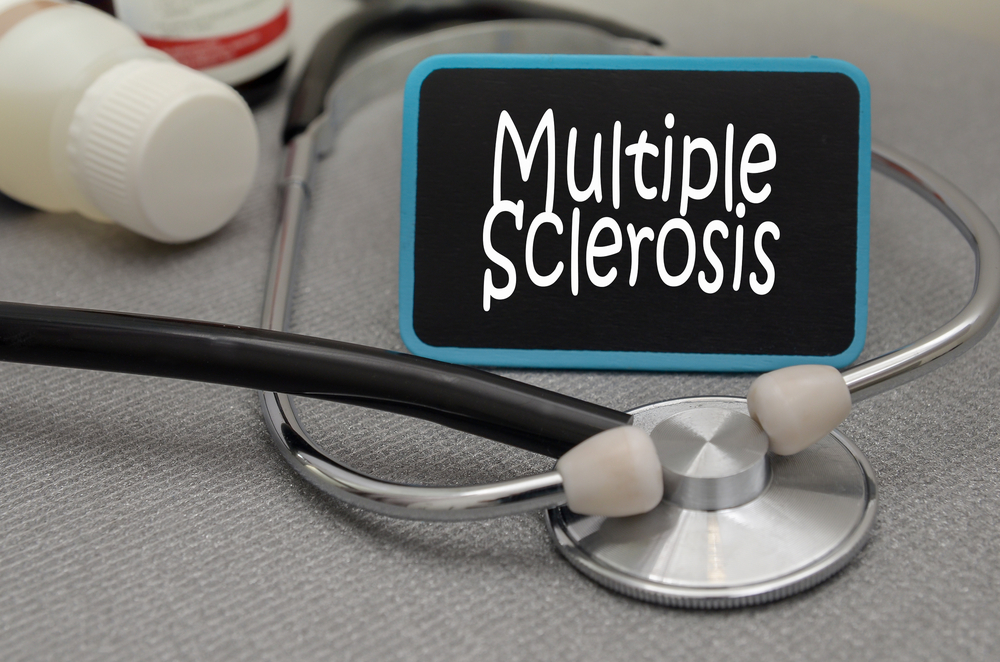#ECTRIMS2018 – MS Patients More Prone to Health Problems Before, After Diagnosis, Study Suggests
Written by |

Patients with multiple sclerosis (MS) are more likely to experience health problems before they receive their formal diagnosis, as well as to experience serious non-MS-related complications after diagnosis, a study reveals.
The findings were reported in the study “Increased risk of comorbidities in patients before as well as after multiple sclerosis (MS) diagnosis: a study in the UK Clinical Practice Research Datalink (CPRD),” that was presented at the 34th Congress of the European Committee for Treatment and Research in Multiple Sclerosis (ECTRIMS), being held Oct. 10-12, in Berlin, Germany. The data were presented by Neil Minton, of the biopharmaceutical corporation Celgene, San Diego, California.
There is little information on the health of patients with MS in the short period before and after their diagnosis.
Researchers at Celgene, in collaboration with others from the Boston Collaborative Drug Surveillance Program at Boston University School of Public Health, reviewed the clinical records of 6,932 MS patients, and compared them with clinical data of 68,526 age- and sex-matched non-MS patients.
The data was collected from the U.K. Clinical Practice Research Datalink (CPRD), from patients who were diagnosed with MS from 2001 to 2015. Most of the patients were female (70%), and the median age was 43 years.
For at least one year prior MS diagnosis, patients were found to have significantly increased prevalence of depression, eye and ear infections, urinary tract infections, serious infections, autoimmune disorders, peripheral vascular disease, Raynaud’s syndrome, and macular edema (fluid accumulation in the light-sensitive tissue inside the eye), compared to non-MS patients.
In contrast, before the MS diagnosis, patients “did not have an increased rate of other psychiatric diagnoses, suicidal behaviors, cancer, diabetes, liver disease, or osteoporosis” compared with non-MS patients, Minton said in the presentation.
MS patients used about 1.9 times more antidepressants and and 2.9 times more antipsychotics agents, and also more antiepileptics, antihypertensives, proton pump inhibitors, antibiotics, and several other symptomatic treatments, compared to non-MS patients.
During five years post-MS diagnosis, patients had increased rates of a number of emergent comorbidities, and they had a twofold higher risk of death than non-MS patients.
Specifically, MS patients were found to have 5.53 and 4.43 times increased incidence, respectively, of uncontrolled muscle contraction (spasticity) and nerve damage (neuropathy) after diagnosis.
They also experienced an increased cumulative incidence of epilepsy, osteoporosis (lower bone density) and fractures, depression and non-depressive psychiatric disorders, serious and opportunistic infections, suicidal behavior, bowel dysfunction, major adverse cardiac events, vascular problems, and herpes, than non-MS patients in a matched time period.
Based on the findings, researchers concluded that “before formal MS diagnosis, MS patients experience a considerable increased comorbidity risk,” Minton said, especially regarding “peripheral vascular disease, depression, fracture, and infections.”
After MS diagnosis, patients “have an increased risk of several major non-MS-related comorbidities and mortality,” including “venous thromboembolism, peripheral vascular disease, depression, fracture, osteoporosis, infections” and pneumonia, Minton concluded.


